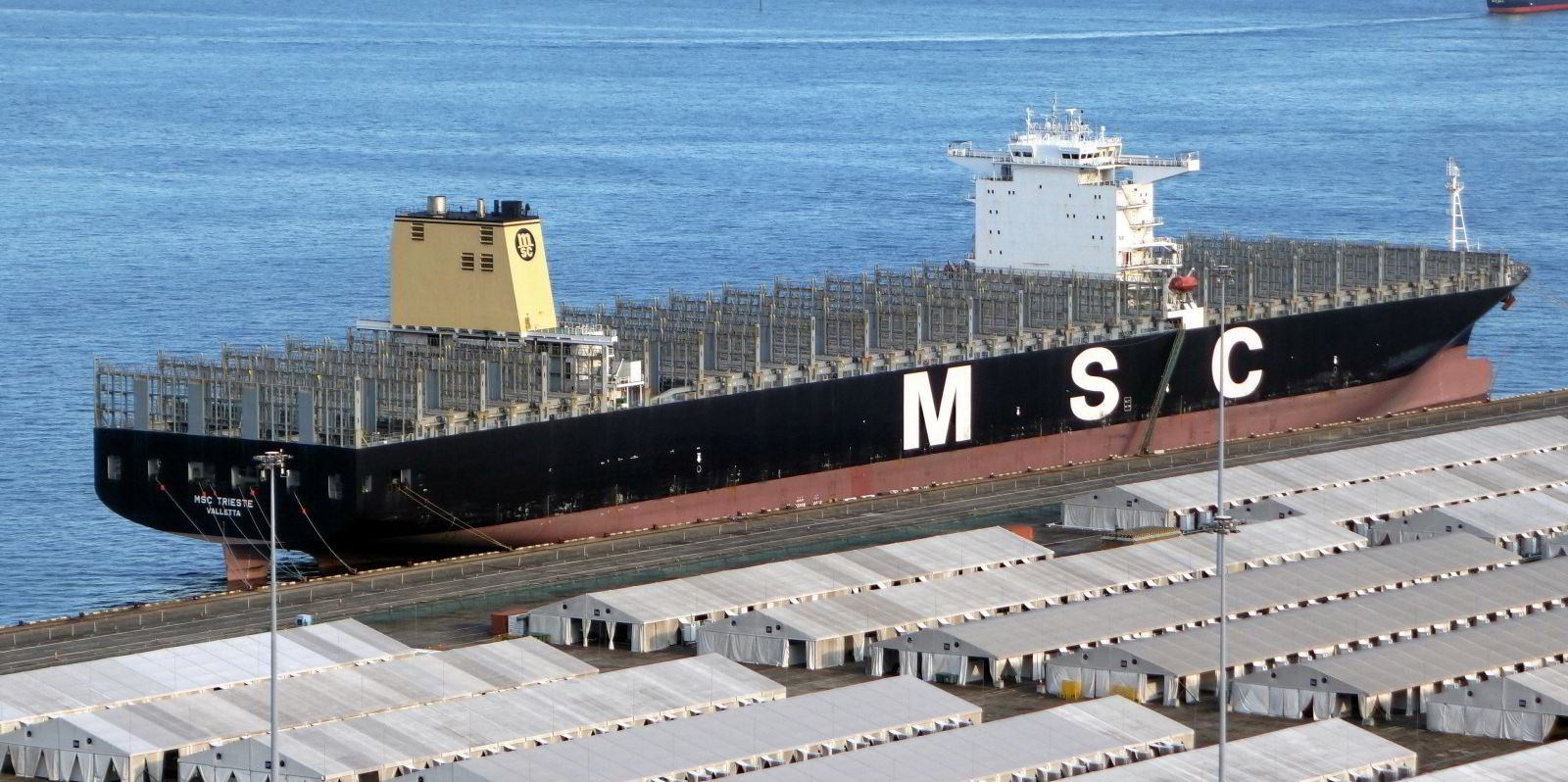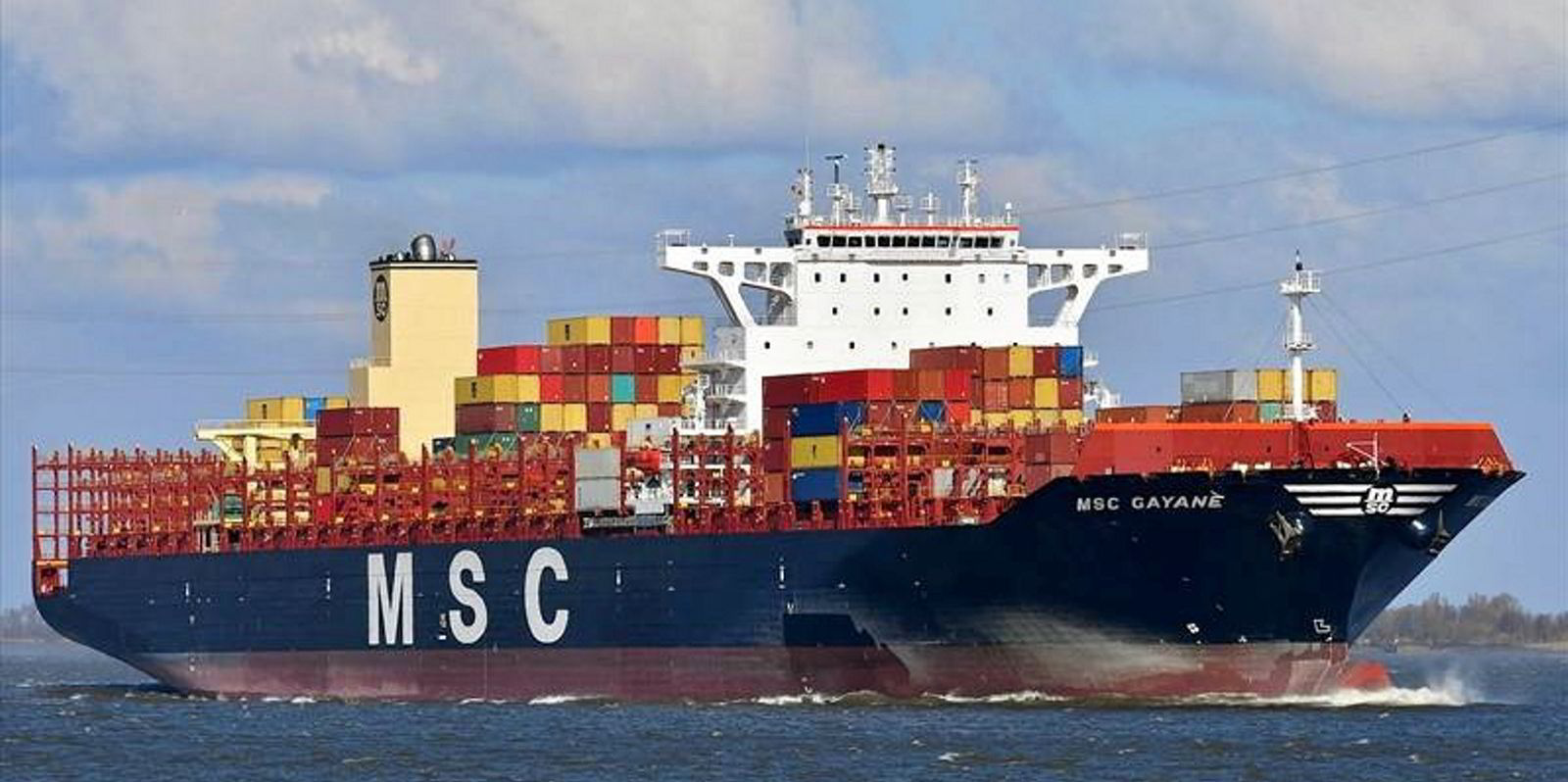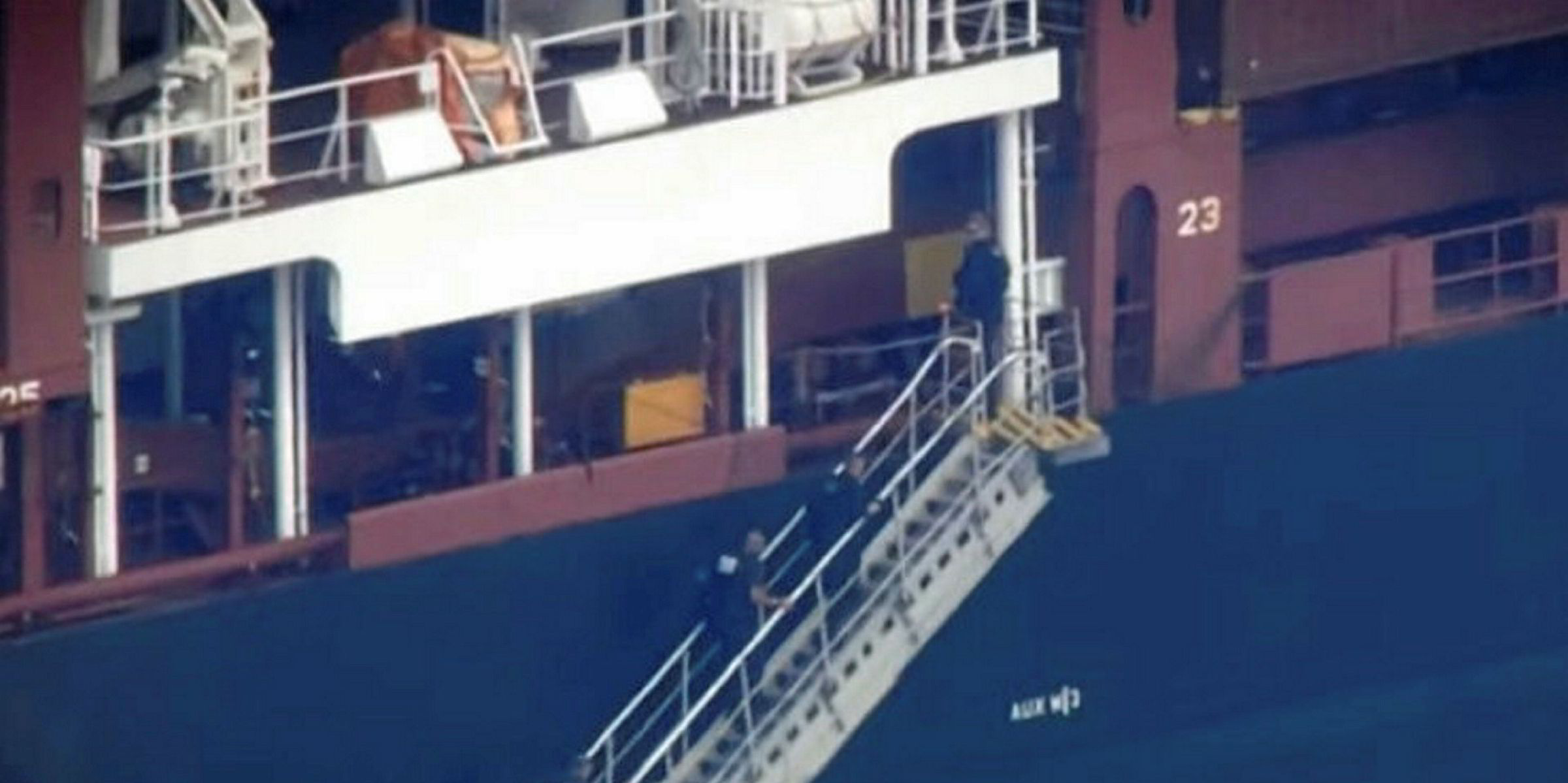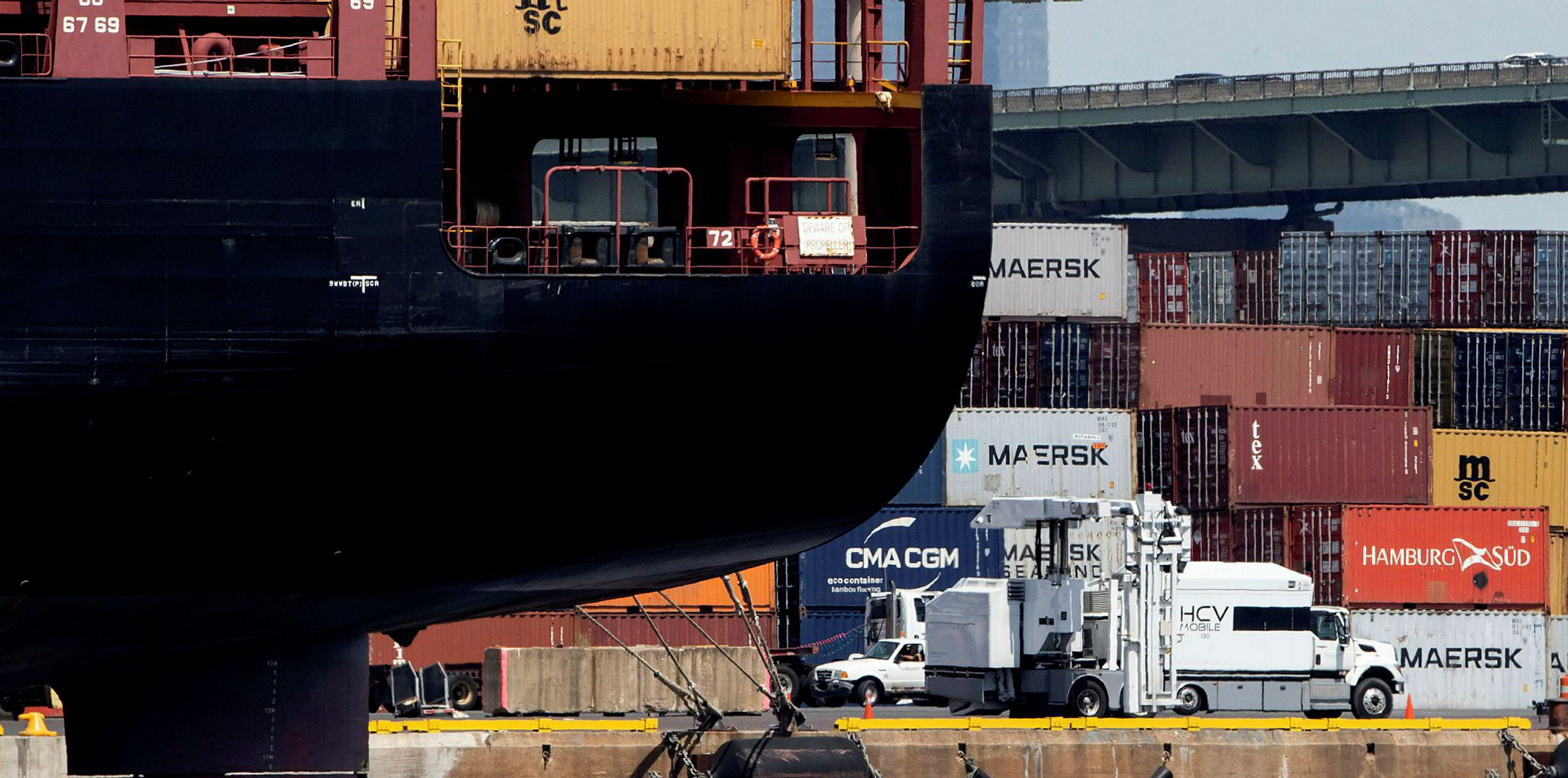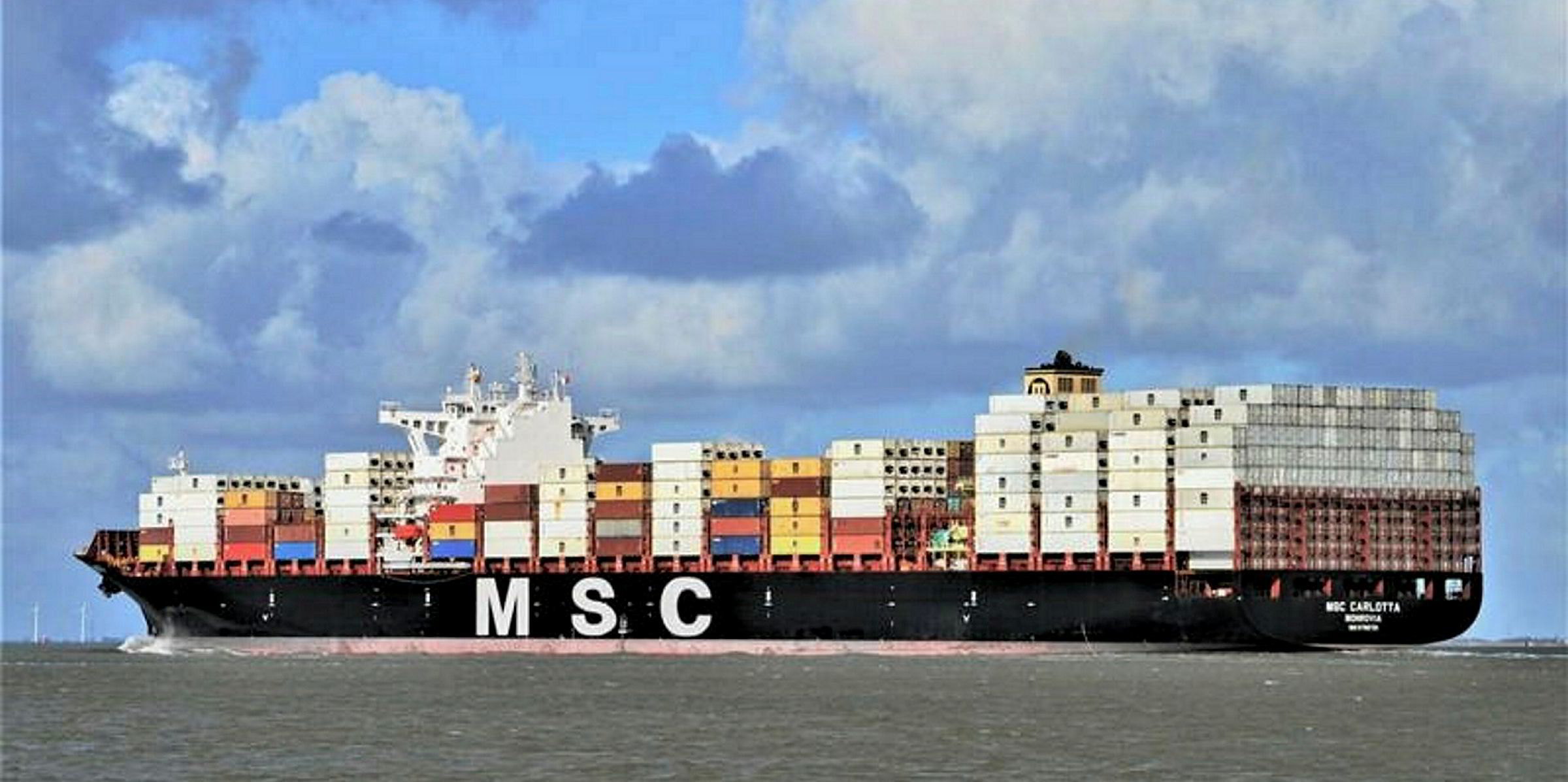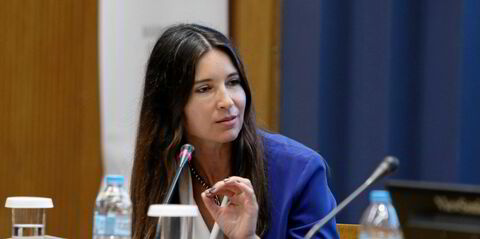Mediterranean Shipping Co (MSC) has lashed out against an article published last Friday by Bloomberg alleging that it has become a prime drug-trafficking conduit for Balkan gangs.
Bloomberg claimed that the Balkan Cartel, one of Europe’s most notorious drug-smuggling gangs, honed their scheme to smuggle cocaine on MSC’s ships for a decade, forcibly recruiting its employees.
The news wire service also maintained that MSC and the US government remain mired in a court battle over the $1bn drug bust on the 11,562-teu MSC Gayane (2018) in 2019, which could see the Geneva-based liner giant hit with a $700m fine.
MSC vehemently denied the allegations in a statement issued on Saturday.
“MSC strongly objects to Bloomberg’s headline claim that the subversion of a small number of seafarers from Montenegro, in what remain very specific circumstances, amounts to the “company” being “infiltrated” by a drugs cartel,” MSC stated.
Describing the MSC Gayane incident as a “wake-up call for the entire container shipping and logistics industry”, MSC warned that drug cartels are using “groundbreaking methods” to smuggle their products, and the shipping industry is increasingly at risk.
“The cocaine trade has been surging in recent years and this is an industry-wide issue. All modes of transport, from ships to trucks, trains and planes, are subject to the threat of illicit trafficking and as long as consumption continues, supply through international drug cartels will persist,” it said.
“Shipping lines and their staff are neither mandated, resourced nor trained to confront the dangerous individuals who operate organised criminal organisations.”
MSC said that most of the elements in the Bloomberg story have already been publicly reported in the years following the MSC Gayane incident, and its own victim impact statement related to the incident has been filed in a US court.
The company took issue with the article’s “overall characterisation” of Montenegro’s maritime workforce “based on the emergence of a tiny minority of criminals among them”.
“Montenegro has a long tradition of seafaring. The majority of its crew are honest, good at their job and work hard to earn a living for themselves and their families,” the company said while noting that all its contracted seafarers passed through a “robust vetting procedure” that included the US C-1/D visa for all Montenegrins who would call at US ports.
“Unfortunately, there will always be individuals who can be corrupted by drugs traffickers — or, even more difficult to predict, decent people who will succumb to violent threats by dangerous criminals against them and their families. This is a human factor which is impossible for individual companies to control entirely,” it added.
The MSC Gayane incident
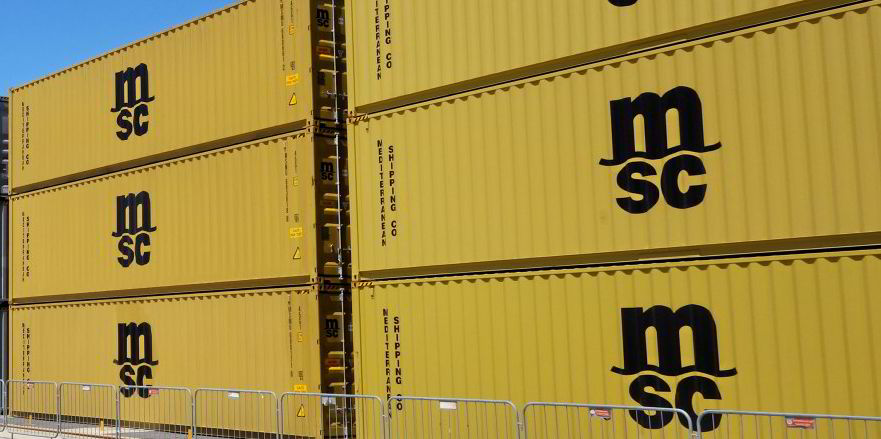
In June 2019, US law enforcement boarded the MSC Gayane in Philadelphia and seized about 20 tonnes of cocaine worth more than $1bn in one of the country’s largest-ever drug busts.
Eight crew members — the chief mate, second officer, fourth engineer, an engineering cadet, an electrician, an assistant reeferman and two seafarers — were implicated in the plot that saw drugs delivered at night by Colombian cartels using speedboats, winched aboard and stashed inside containers.
US law enforcement officers said the complex operation relied on access to each ship’s crew, route, manifest, real-time positioning and geolocation data, and a knowledge of what legitimate cargo was contained in each container.
A different set of workers with access to discharge ports were used to clandestinely remove the cocaine from the containers upon their arrival.
In June 2021, the chief mate, who the US assistant district attorney described as being critical to the whole operation, was sentenced to a maximum of seven years in prison. Other sentences meted out ranged between two and six years.
US authorities arrested a Montenegrin national they claim was the mastermind of the operation in October.
Goran Gogic, a former professional boxer, was detained while boarding a flight at Miami International Airport. He is accused of overseeing the logistics of cocaine shipments from South America to Europe via ports in the US.
US law enforcement officials tied Gogic to two other large cocaine seizures aboard MSC vessels in US ports.
In February 2019, 1,437 kilograms of cocaine were found aboard the 11,568-TEU MSC Carlotta (built 2017) in the Port of New York and New Jersey. A month later 537 kilograms of cocaine were found hidden aboard the 9,404-teu MSC Desiree (built 2017) in Philadelphia.
MSC later said the MSC Gayane incident was an undeserved stain on its record.
